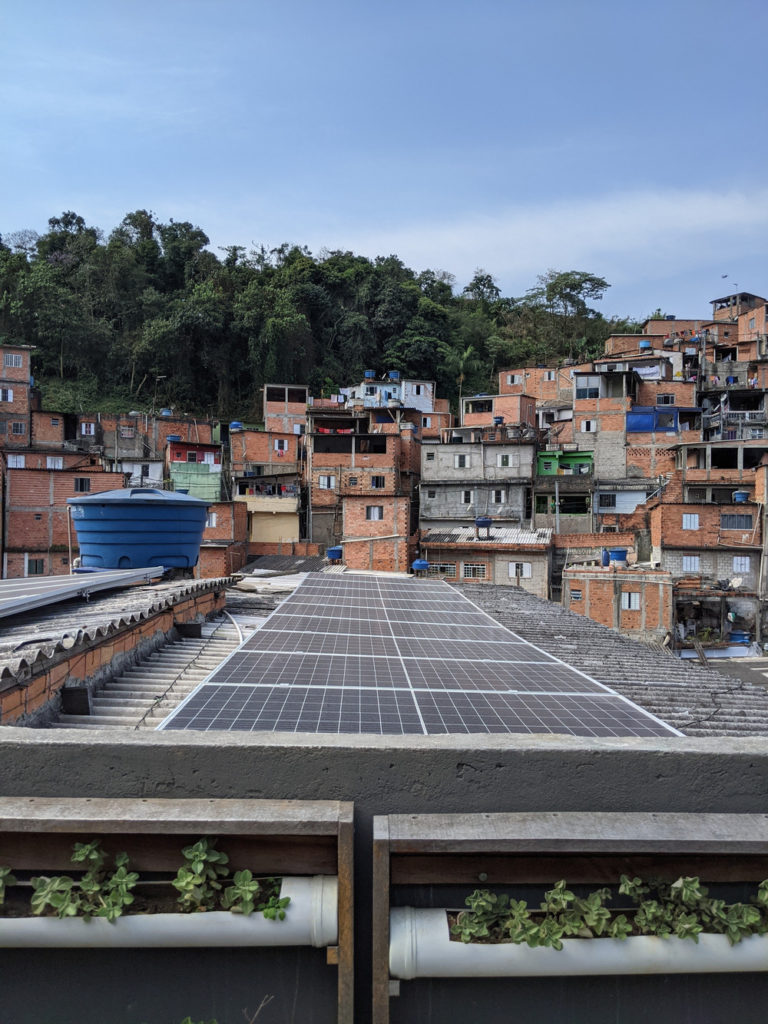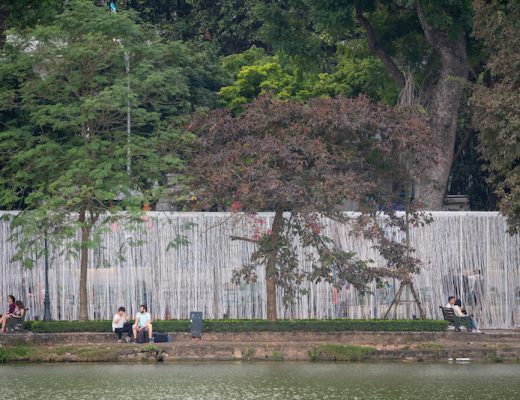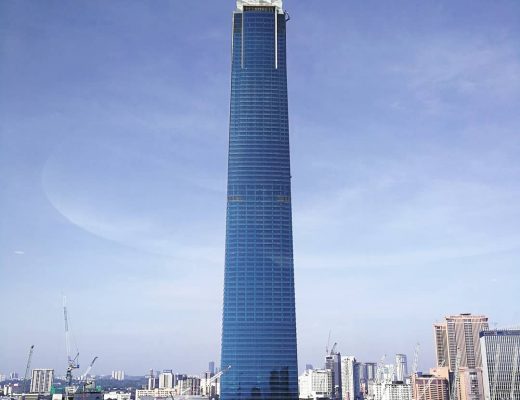In conjunction with the recently concluded COP26 in Glasgow, Build Better Now, a virtual reality online exhibition demonstrating the opportunities for tackling the Climate Emergency and limiting the environmental impact of the buildings and cities, has opened to the public. The programme is a collaborative project co-owned by over 100 partner organisations from across the built environment sector, for which UK Green Building Council is acting as a secretariat. It is available for viewing till November 12, 2021.
The virtual pavilion, designed by AECOM in collaboration with Install Archive, features a series of dome-shaped exhibition spaces amongst treetops and connected by walkways. The exhibition showcases 17 model sustainable built projects from around the world, selected from an international open call. It also features a new 3D installation and accompanying film conceived for COP26 by Make Architects.
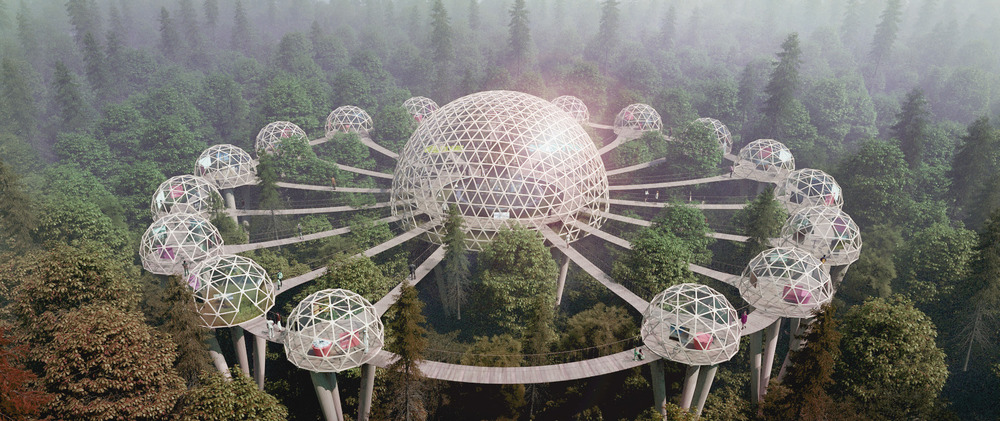
The built environment has a central role to play in supporting the world’s transition to a net zero carbon economy. Globally, buildings consume over a third of energy produced, and are responsible for 40% of global energy-related carbon emissions. Build Better Now acts as a global call for climate action and is supported by a coalition of over 100 partner organisations from the built environment industry.
“With COP26, the world is ready to tackle climate change and the built environment has a crucial part to play. We know why we must accelerate climate action and Build Better Now shows how we can get there. Everyone on the planet has a stake in our buildings and cities. I invite everyone to take inspiration from Build Better Now as a global showcase of pioneering solutions to climate change and hope that it supports the industry to create more sustainable buildings, places and cities of the future.”
Julie Hirigoyen, Chief Executive at the UK Green Building Council
Alongside the exhibition, Build Better Now hosts an events series comprising a programme of tours and talks, keynotes, panel discussions and other downloadable content, to educate and inspire the built environment industry and public to act now to identify and deliver climate solutions at scale.
Following the Open Call, which was launched in June 2021, a rigorous and transparent selection process was undertaken to find projects for the exhibition. A judging panel comprising industry leaders from across the world, with insight into the complexities of built environment sustainability issues on a regional and local level, selected projects that are making an immediate positive impact on the planet and people’s lives. These projects are both scalable and replicable – giving the potential to deliver far-reaching impacts. Exploring themes such as natural resource use, climate mitigation and adaptation and nature and biodiversity, Build Better Now showcases some of the most innovative solutions from across the globe.
Make Architects was selected to design a sustainability focused 360° installation and accompanying film that acts as a centrepiece within the pavilion. ‘The Fountain of Circular Recovery’ highlights opportunities for recovery, reuse and recycling in the built environment to establish a truly circular economy.
Pioneering projects include a cultural centre in Sweden that will be one of the world’s tallest timber buildings; the largest Certified Passivhaus building in the Southern hemisphere in Australia; a 100-hectare innovation district in Italy digitally mapped and powered by 100% renewable energy sources; and the largest new build energy-positive office building in Norway, which supplies surplus renewable energy to neighbouring buildings as well as powering electric buses.
Buildings constructed using natural local materials range from a UK university building utilising thatch and reed; a school in Indonesia built with bamboo and the first 3D-printed sustainable homes made entirely from raw clay – perfectly balancing ultra-modern construction techniques with historic, traditional materials.
Projects protecting and enhancing nature include a government-led eco-tourism initiative to restore a national park in Rwanda and a high-tech rewilding project, restoring native forest and peatlands and reintroducing locally extinct species to 100 acres of land in the Scottish Highlands, which will form a template for similar nature regeneration globally.
As well as government-funded research into retrofitting Scotland’s iconic but hard-to-heat tenement homes, the exhibition features a favela in Brazil and affordable sustainable housing solutions in the UK, New Zealand and Pakistan. Also included are an adaptable cross laminated timber bridge concept designed for a circular economy, as well as an initiative to develop a sustainable mass timber building market building in East Africa.
“We are coming together for COP26 to spotlight the built environment as a solution to climate change. This is the most visible and coordinated the industry has ever been at a climate summit of this calibre. Build Better Now provides us with an opportunity to learn how sustainable building practices are having a positive impact on people’s lives. We must ensure that the world listens to the steps needed to create sustainable buildings, which means building and renovating with Whole Life Carbon principles, embracing a circular economy and creating people centric, healthy buildings that are resilient to the effects of climate change.”
Cristina Gamboa, CEO, World Green Building Council
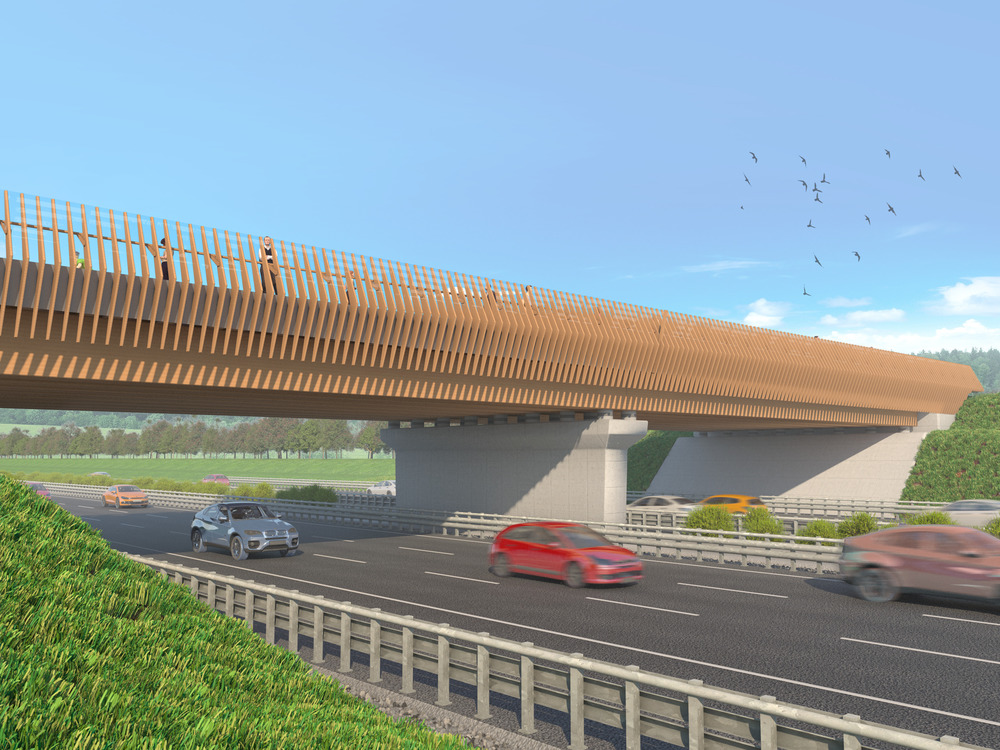
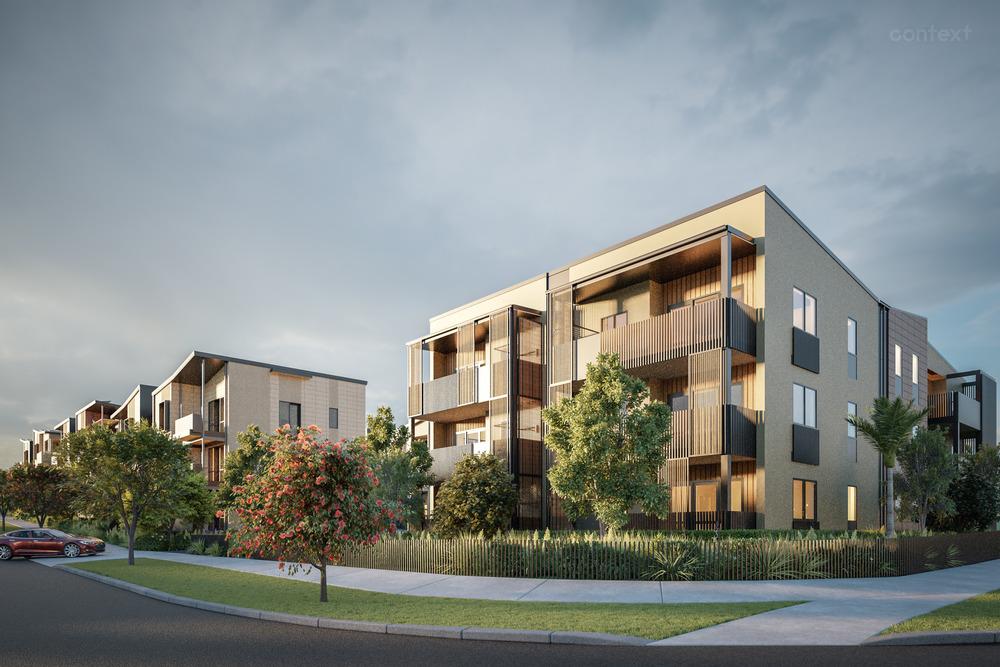
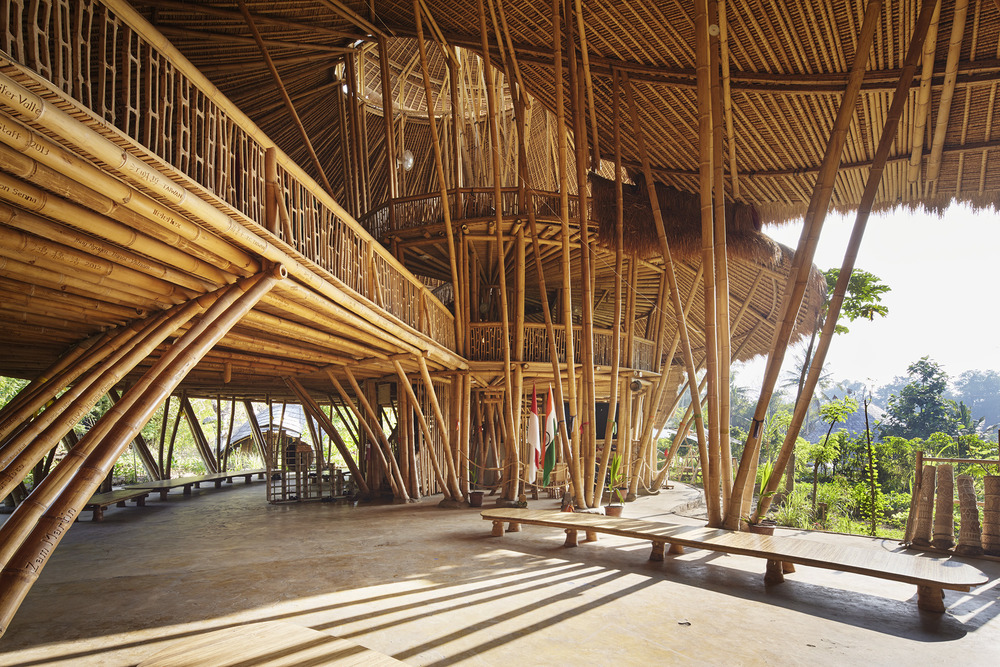
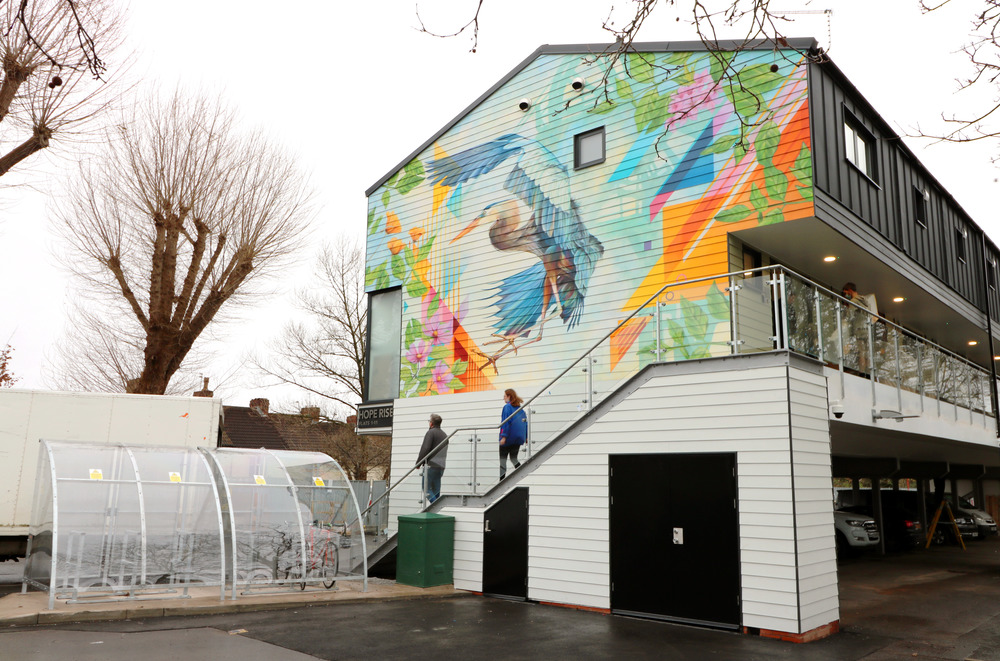

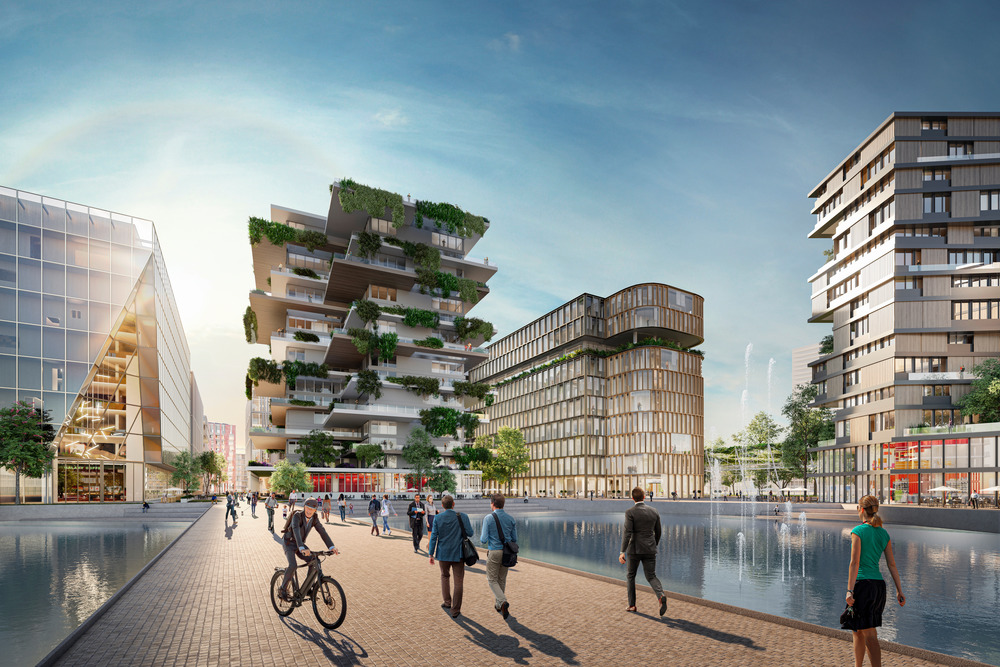
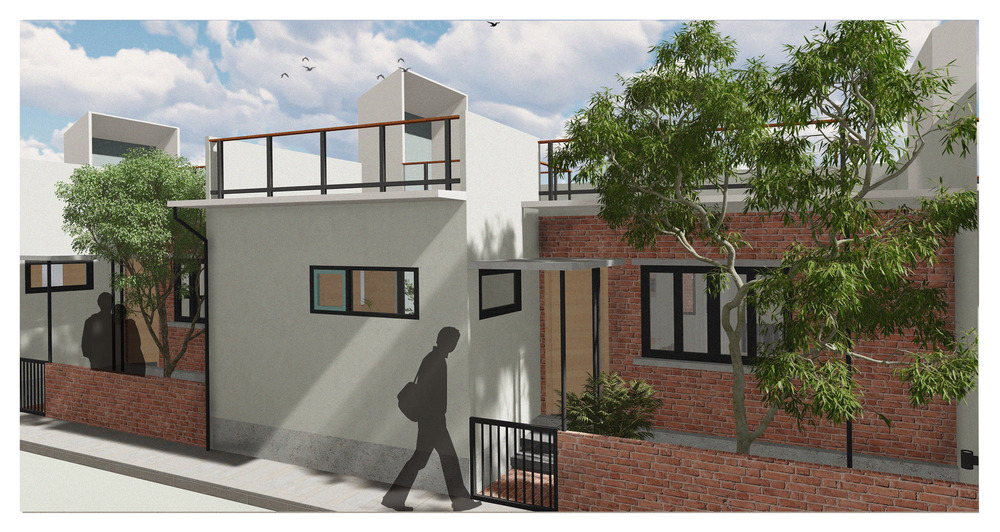
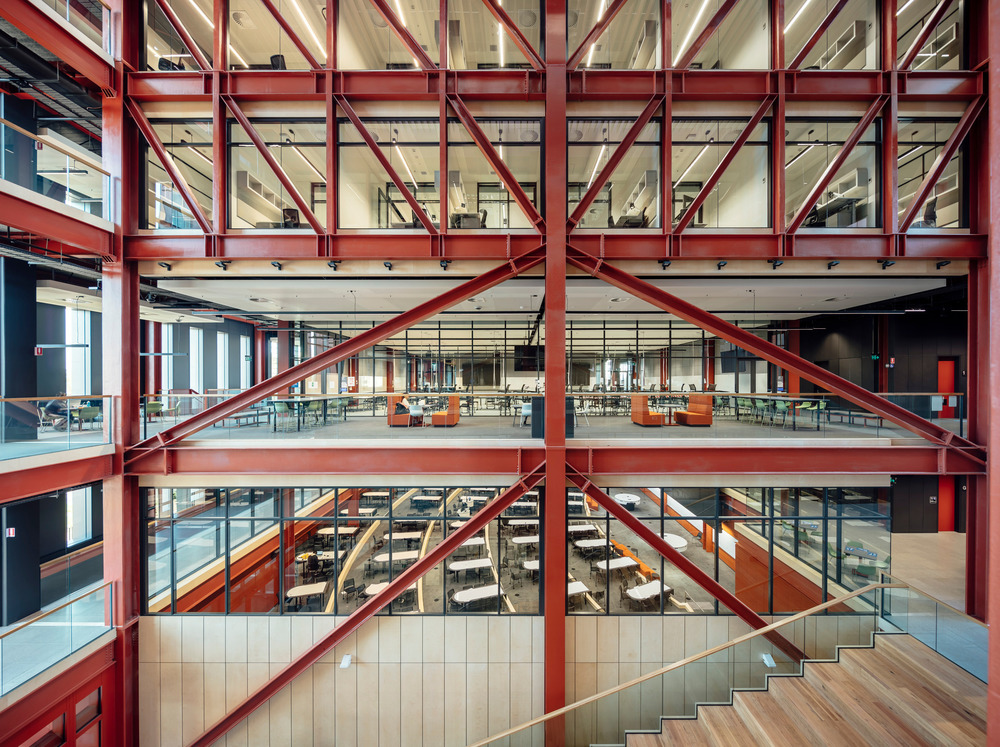
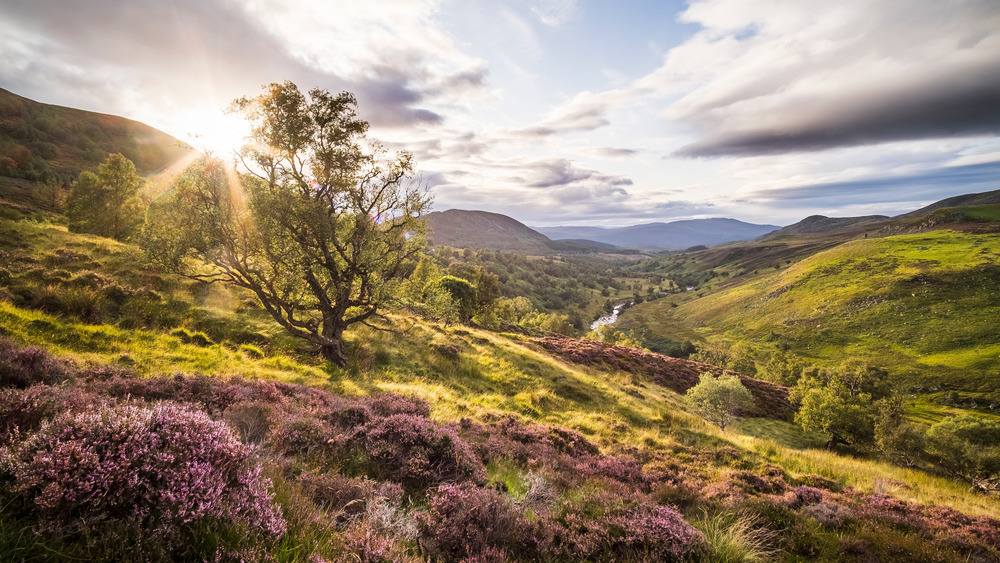
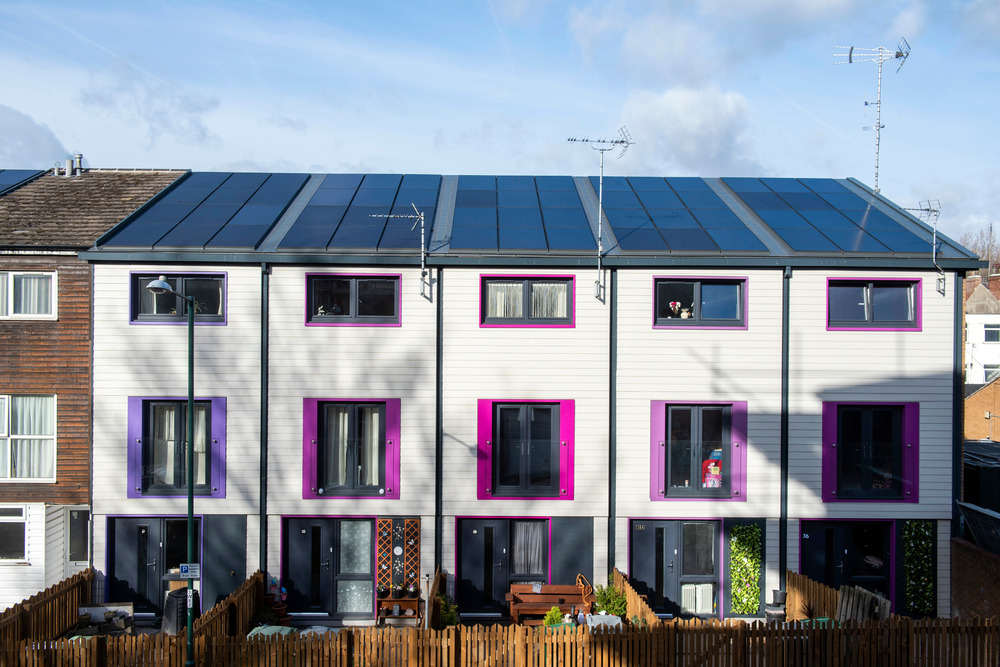
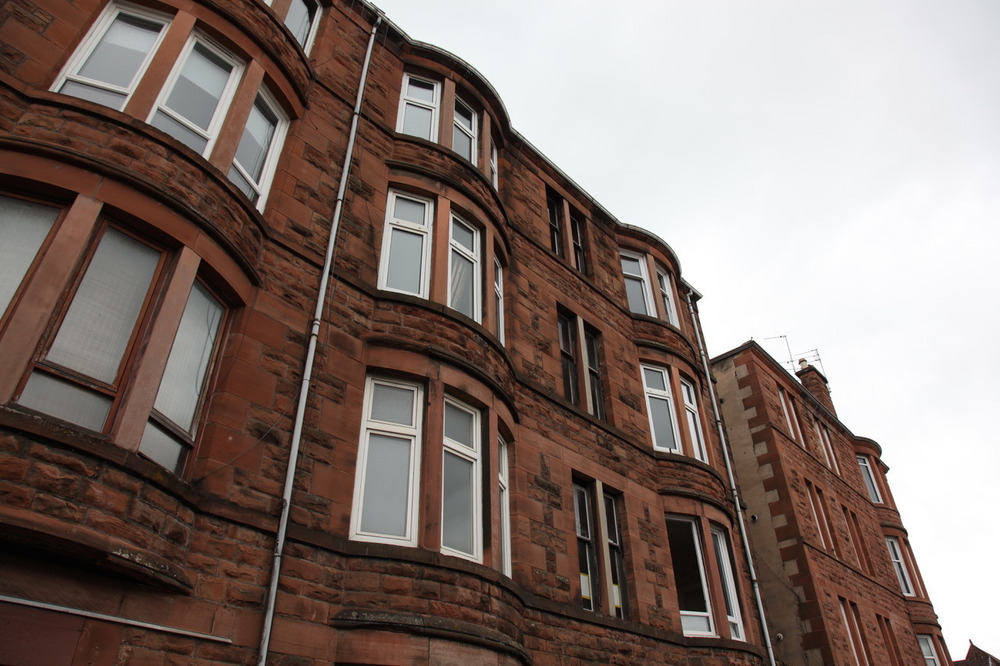
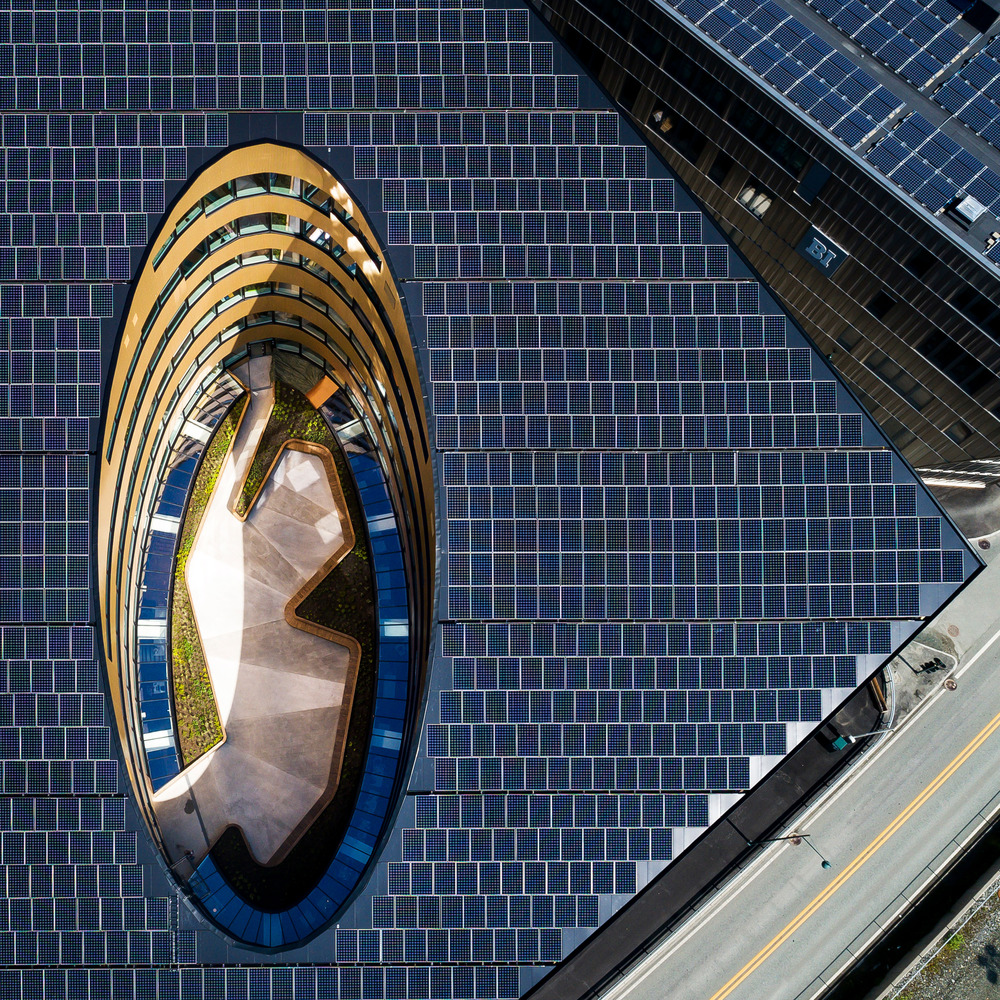
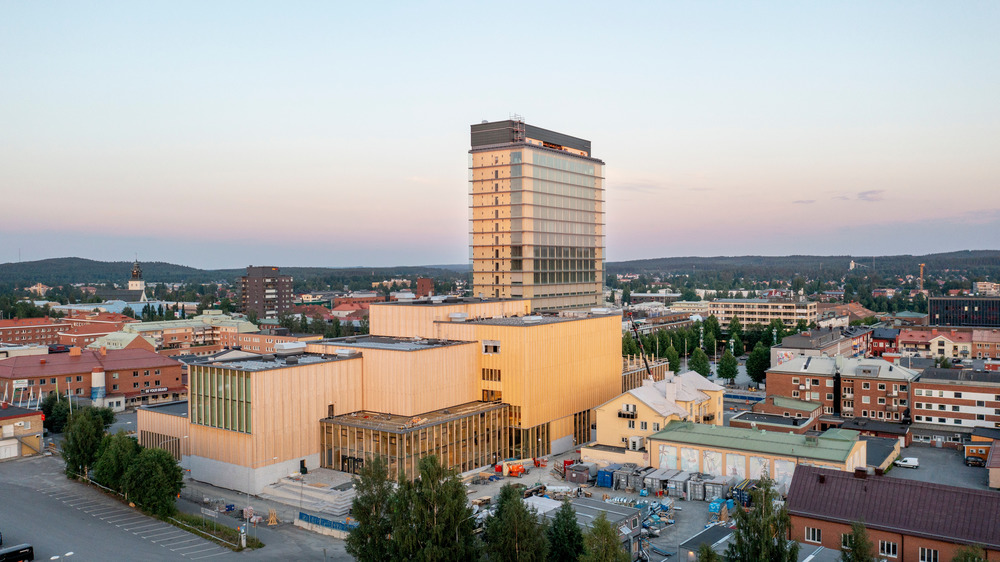
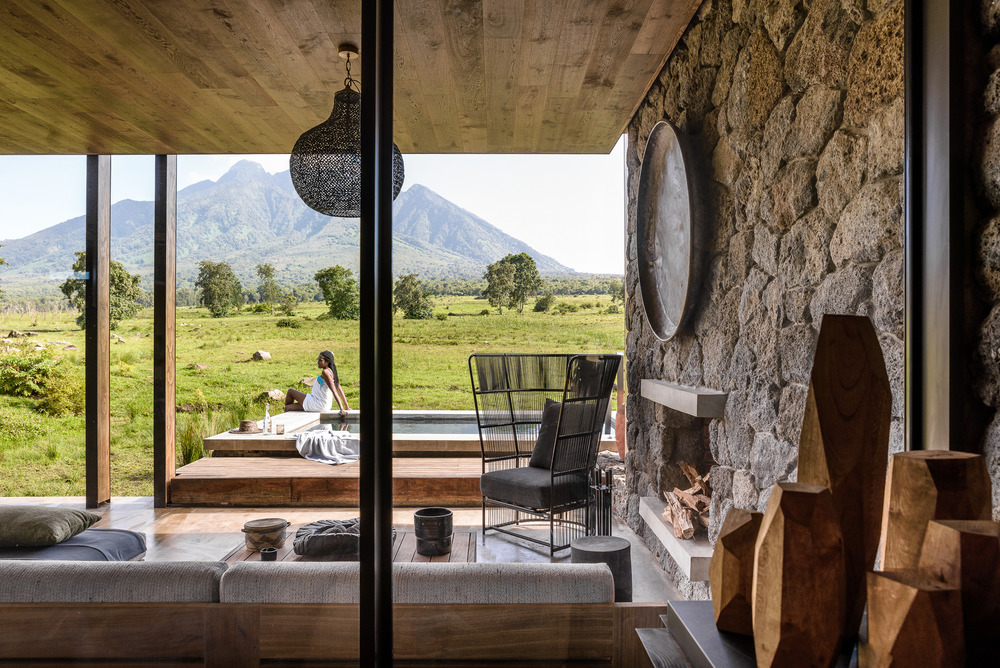
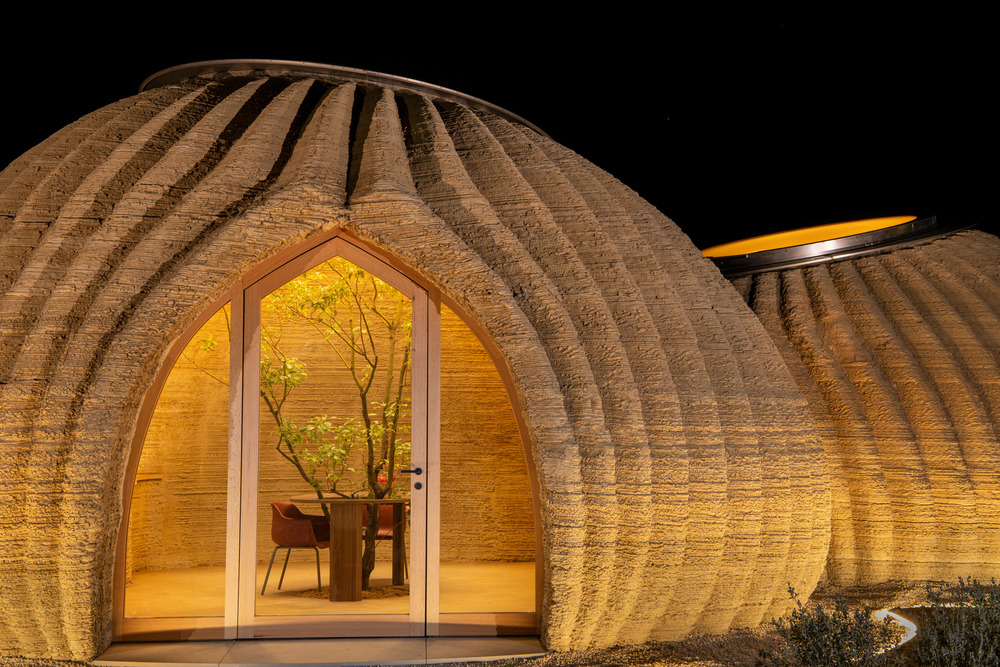
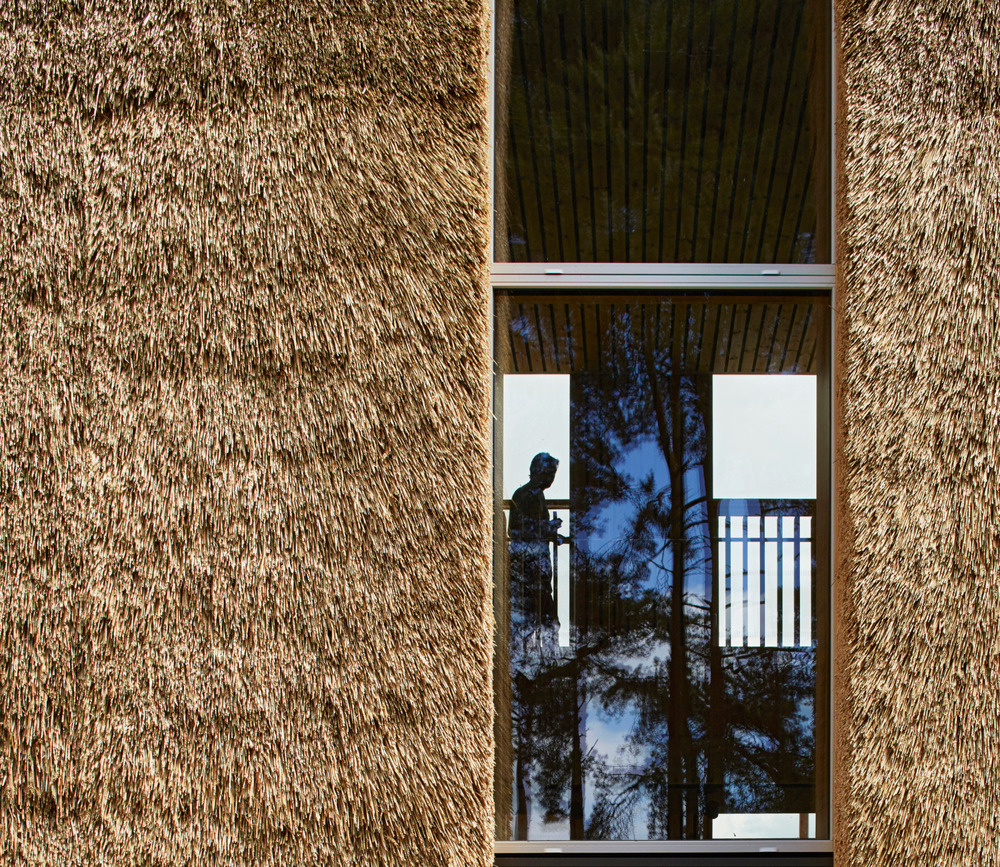
The international judging panel for the COP26 Built Environment Virtual Pavilion included:
Dr. Anna Braune, Head of Research and Development, German Sustainable Building Council
Chris Brown, Executive Chair, igloo Regeneration
Tor Burrows, Executive Director – Sustainability & Innovation, Grosvenor Britain & Ireland
Jorge Chapa, Head of Market Transformation, Green Building Council of Australia
Elizabeth Wangeci Chege, Vice Chair of World Green Building Council: Africa Regional Network
Christina Cheong, Green Buildings Lead, Global Green Growth Institute
Hastings Chikoko, Managing Director of Regions and Mayoral Engagement & Regional Director for Africa, C40
Felipe Faria, CEO, Green Building Council Brazil
Jane Findlay, President of the Landscape Institute and Director of Fira
Sunand Prasad, Principal, Penoyre & Prasad
Sue Riddlestone OBE, CEO and Co-Founder, Bioregional
Diba Salam, Founder and Creative Director, Studio DS London
Amanda Sturgeon, Regenerative Design Lead, Mott MacDonald
Peter Templeton, is President and CEO of the Cradle to Cradle Products Innovation Institute
Wei Yang, President, Royal Town Planning Institute
You might also like:


